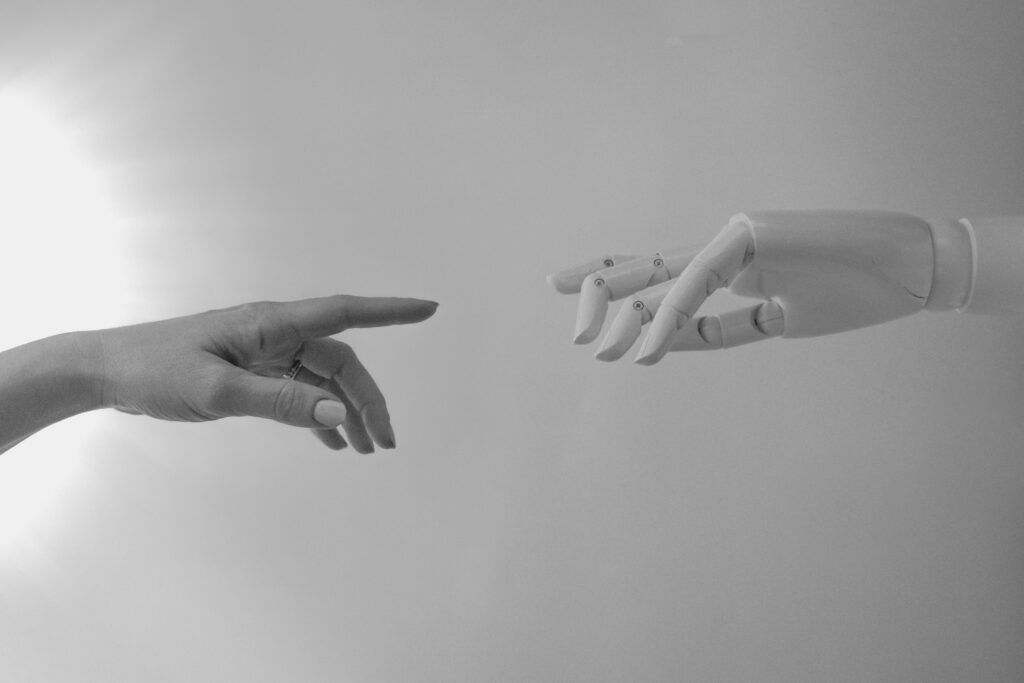How AI May Increase Interaction in The Metaverse
The metaverse will probably change how people interact in the real world and with each other. Artificial intelligence will be a crucial part of this change.
As the virtual and real worlds intersect, the metaverse’s potential increases. Recent market intelligence firm Contrive Datum Insights research indicates that the global metaverse industry will top $1,3 trillion by 2030. According to the report, this expansion will be driven by newly embraced patterns in the virtual economy and the emergence of cryptocurrencies and online gaming.
A recent survey by CoinWire also showed that the metaverse would probably change how people live their social lives. According to CoinWire, 69% of respondents believe that the metaverse would eventually alter societal habits owing to new leisure and activity techniques.
The metaverse will Become More Interactive as a Result of AI
According to Cathy Hackl, author of Into the Metaverse: The Essential Guide to the Business Opportunities of the Web3 Era, the metaverse consists of virtual shared experiences that occur in both virtual and real world.
“It’s just that the part of the metaverse that has to do with the real world hasn’t been fully turned on yet. It will happen within the next ten years. Taking this into account, the metaverse will have a big effect on how we interact with each other.” Hackl said that technologies like volumetric video, which captures three-dimensional spaces to make the experience more immersive, will probably change how people talk to each other. “For example, this might help us feel more present when our loved ones are far away,” she said.
In the future, Hackl believes that artificial intelligence (AI) will aid in creating more participatory metaverse settings. Although AI and the metaverse are relatively new concepts, current instances indicate how they may manifest.

Will interactions in the metaverse replace meetings in the real world?
While the metaverse has already demonstrated how people may interact socially in virtual worlds, putting AI into these spaces would almost certainly increase participation. However, the possibility that social interactions in the metaverse will one day take the place of face-to-face interactions is still debatable.
Siu says that people are already affected by what they do online. Consequently, he feels that the metaverse will likely foster more immersion in the future. In light of this, Siu pointed out that the metaverse will not take the place of engagements in real life but will improve existing relationships.
Dima noted that combining the metaverse and AI capabilities will result in a digital transformation that may make people “smarter.” “AI will make it possible for avatars to speak in different languages or be in more than one place at once,” he said.
While virtual worlds driven by AI are expected to provide increasingly realistic experiences, Hackl emphasized that the actual world remains an important aspect of the metaverse. She said:
“The future of the metaverse will involve integrated encounters that transcend the boundary between the physical and virtual. They are simply experiences. The difference is that technology will make experiences even better.”

